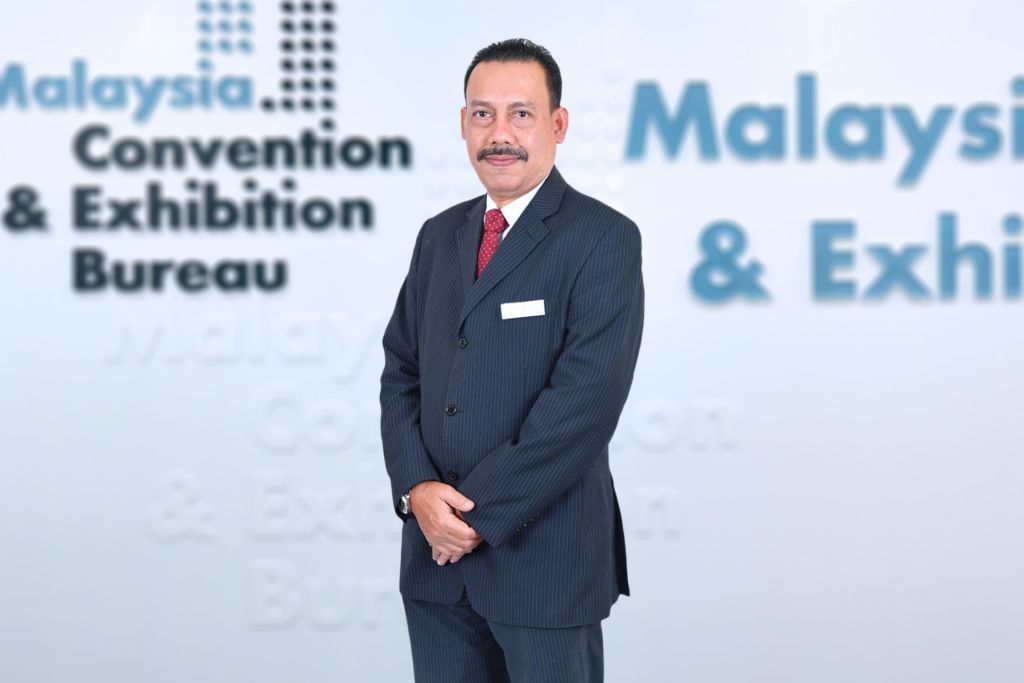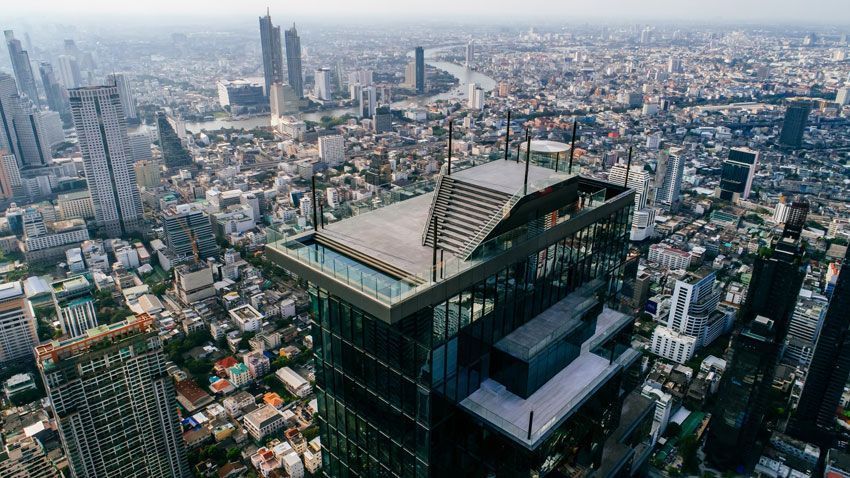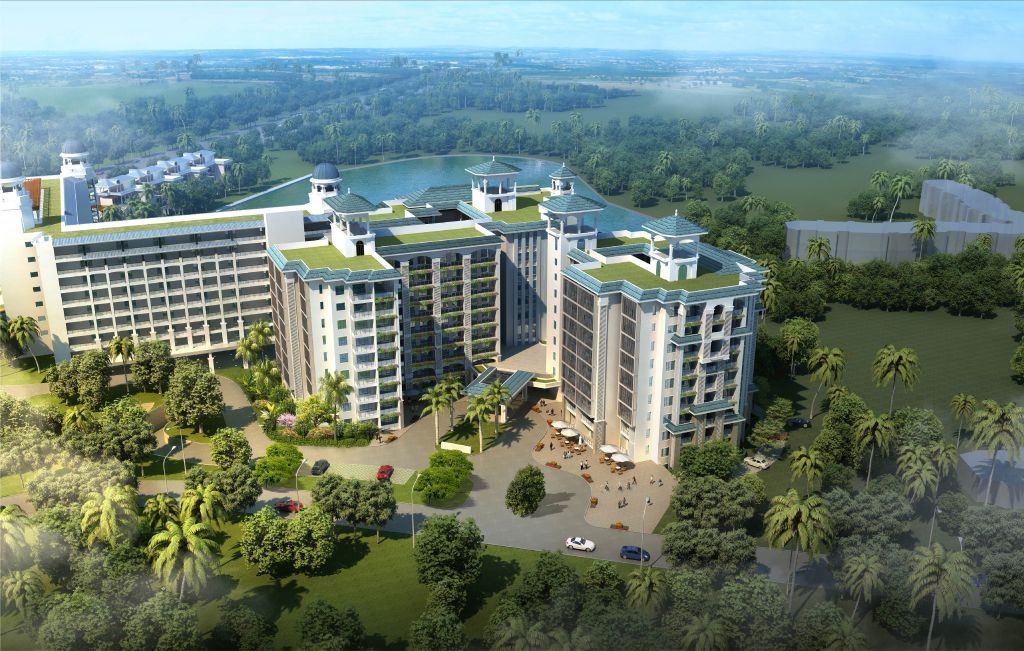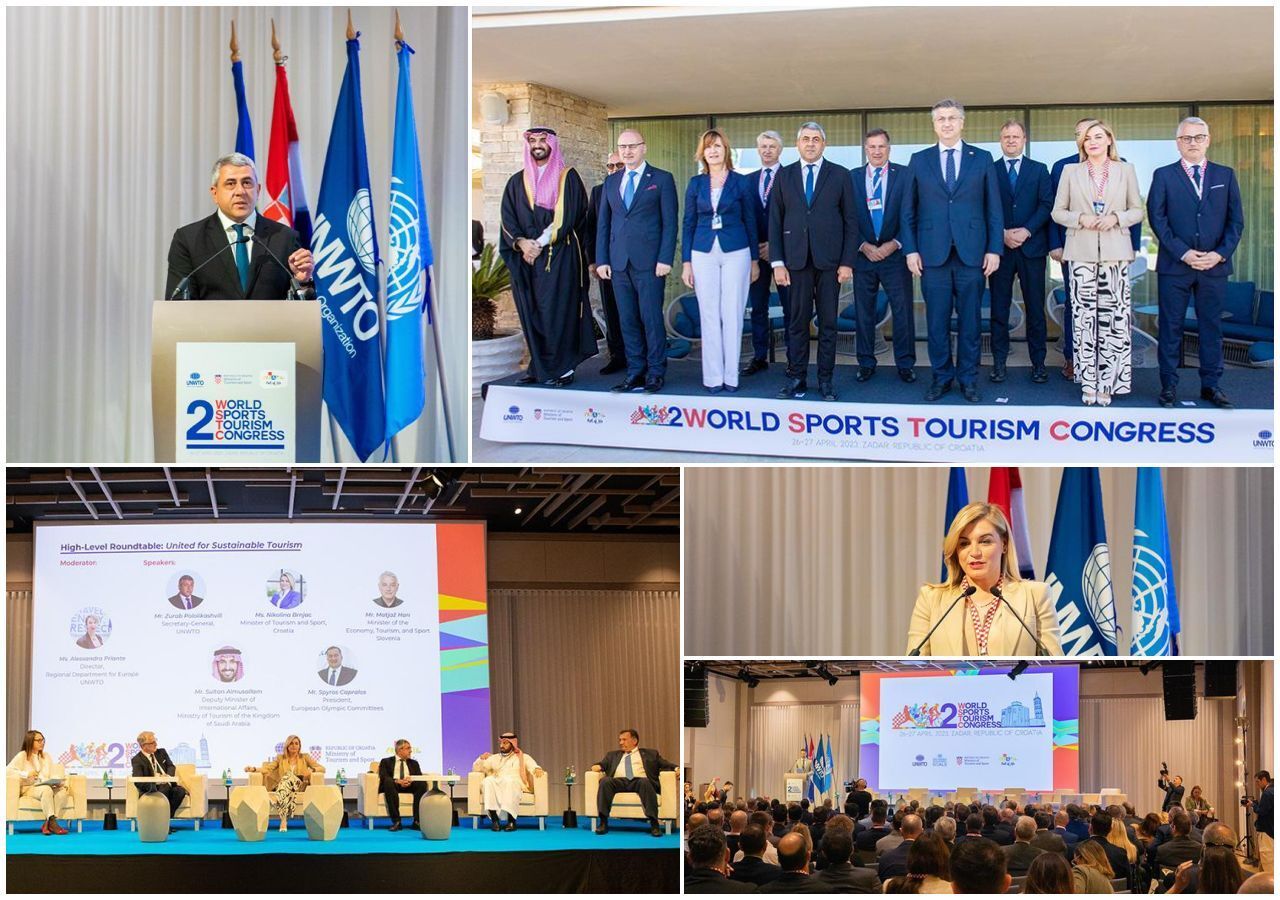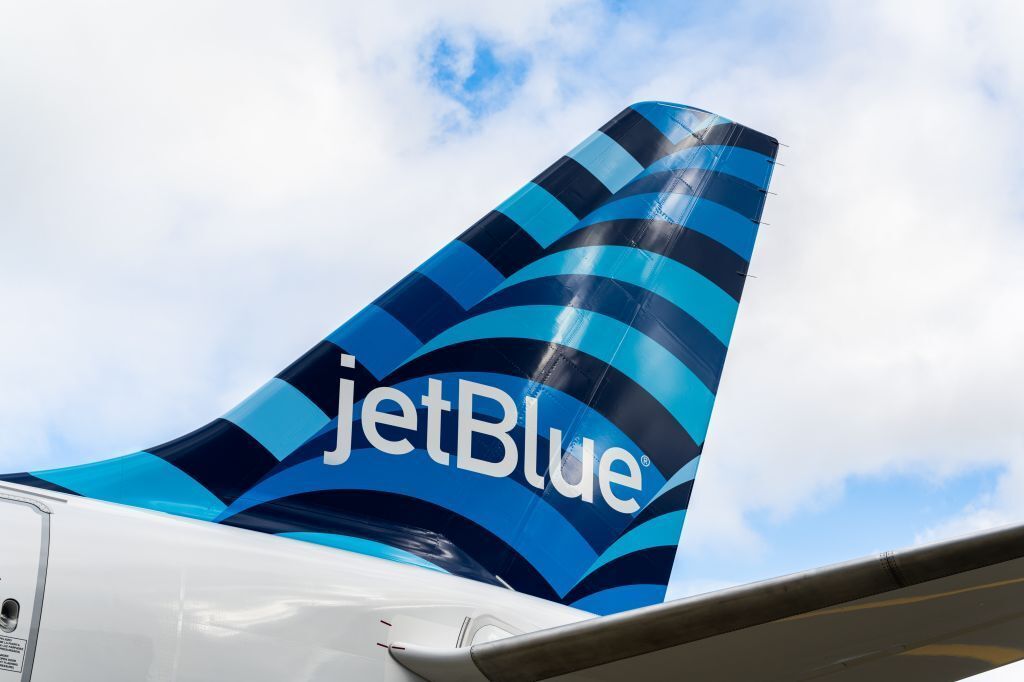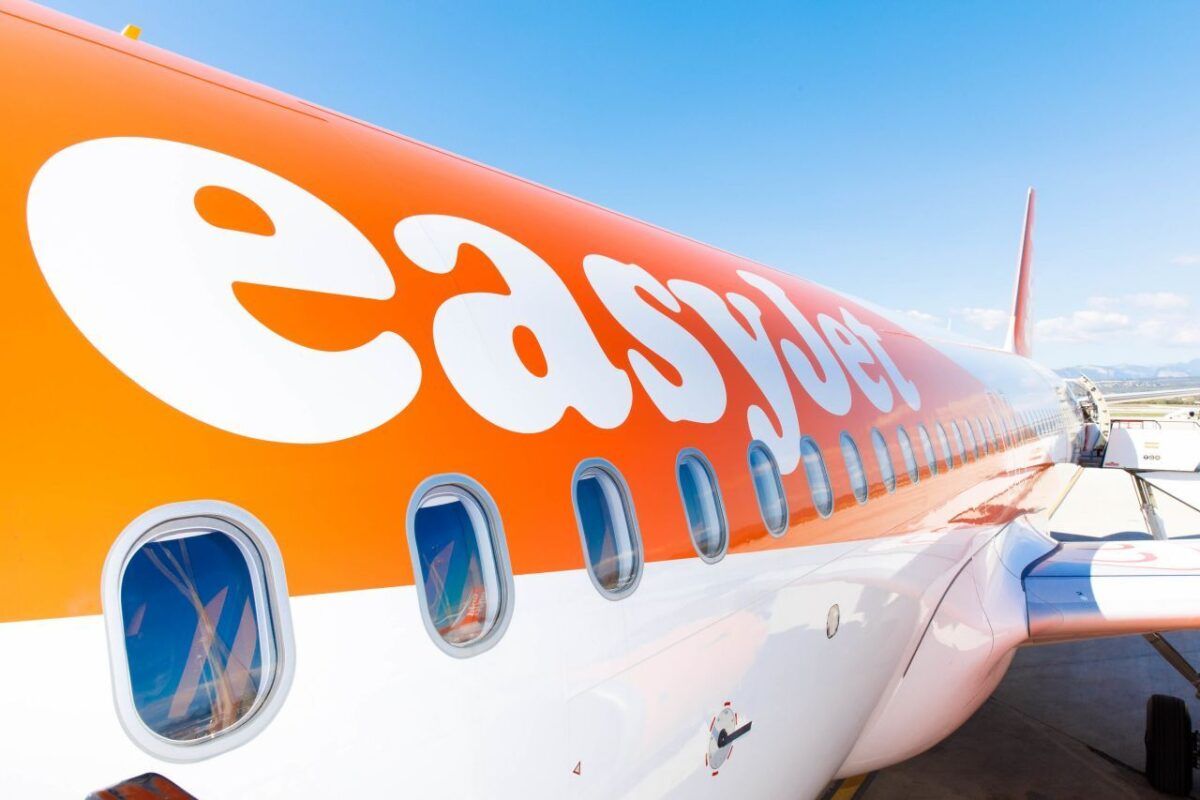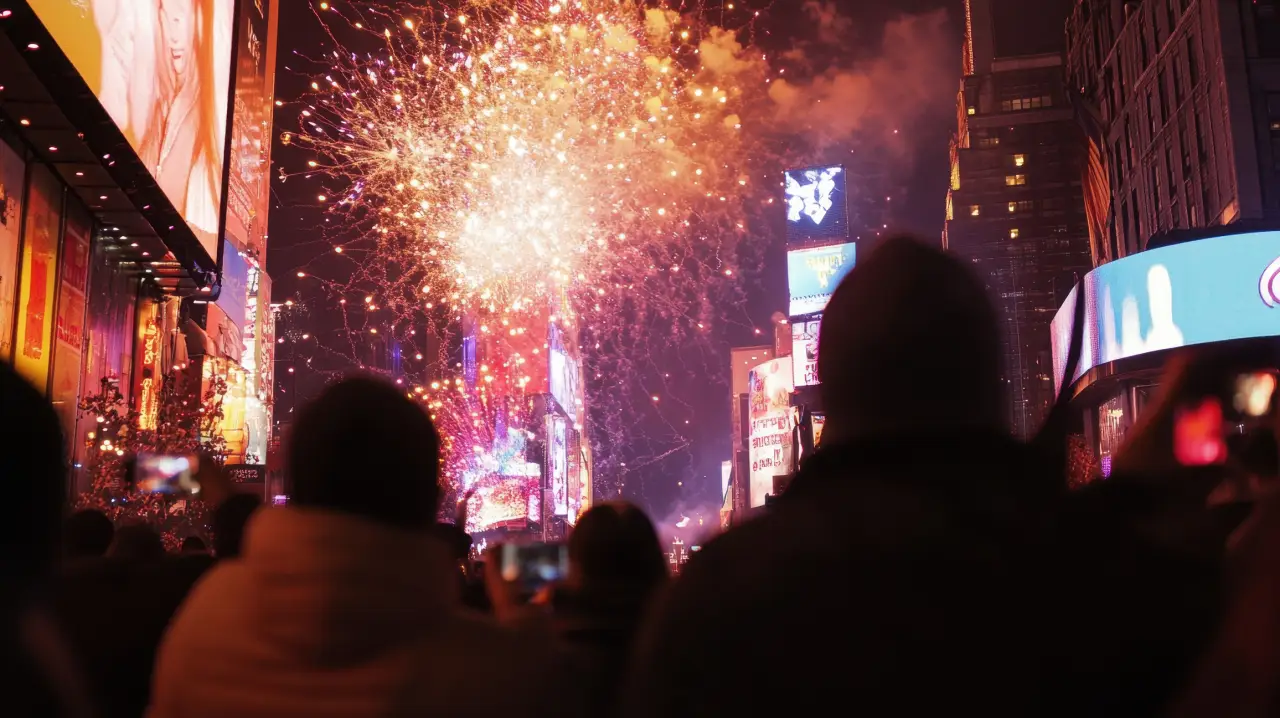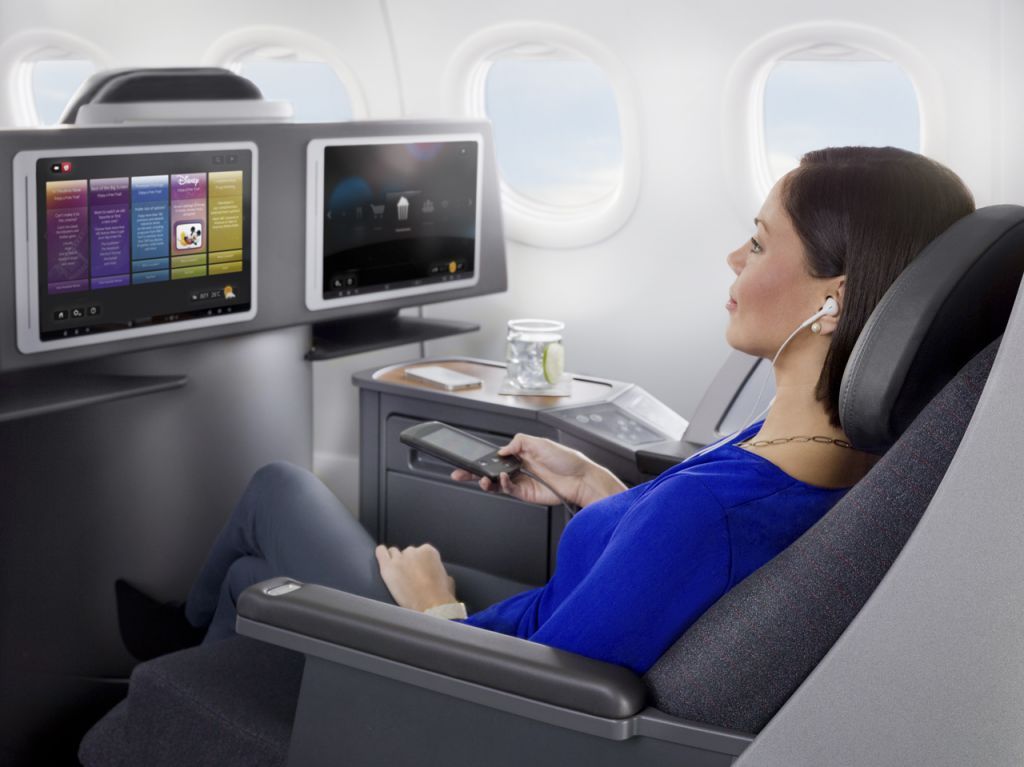Qantas is using virtual reality (VR) in the development of its new First Lounge at Singapore Changi Airport, which is set to open at the end of 2019.
Industrial designer David Caon and his team have created an immersive virtual reality representation of the design concept, providing a better way for Qantas to preview and fine tune lounges. A similar approach is being used for the airline’s upgrade of its A380 cabins.
Qantas is working with David Caon in collaboration with Akin Atelier, to build a First Lounge for 240 customers, offering a luxurious design and premium dining inspired by Singapore’s vibrant culture. The new lounge is being designed to suit transit travellers with shower facilities, a la carte dining including an open kitchen, a cocktail bar and plenty of device charging stations.
Qantas International CEO Alison Webster said VR gives the airline a completely new way to make sure a lounge meets customer needs well before the build begins.
“While we already use VR technology to promote destinations, this is the first time we have used it to better understand a lounge design. Being able to immerse ourselves in a virtual lounge gives us a more accurate sense of space and an understanding of how it will look to scale,” said Ms Webster.
“We know Qantas customers like to dine in the lounge to maximise sleep onboard, so the layout will offer generous and comfortable seating options, ideal for eating, working or relaxing.”
“As Qantas’ largest hub outside of Australia, Singapore is an extremely important part of our network. There is strong demand for travel in premium cabins to Singapore and we are looking forward to complementing the First class experience with a new lounge.”
Unveiling detail of the interiors today, designer David Caon said a neutral colour palette, luxurious materials and leafy green highlights will make customers feel relaxed as soon as they enter the lounge.
“The interiors achieve a synergy with other Qantas First Lounges on the network, using key materials like marble and oak from the Sydney flagship lounge, combined with finishes reflecting the lively culture of Singapore,” said Mr Caon.
“With a continued focus on wellness, we’ll be looking at including the latest advances in light technology, allowing passengers to better synchronise their body clocks with future time zones.
David Caon said using Virtual Reality has revolutionised the design process between designer and client.
“Virtual reality brings the 2D drawings and photos to life, and for this project in particular, it has sped up the consultation process between our design team and Qantas,” said Mr Caon.
The Qantas First Lounge in Singapore is expected to open in late 2019, while the existing Business Lounge will be expanded and is due to open mid-year. The overall lounge capacity in Singapore will increase by 60 percent, and combined, the First and Business Lounges will offer seating for more than 800 customers.
Qantas operates over 50 return services in to and out of Changi Airport each week, making it one of the largest foreign airlines to operate out of the Singapore airport. From Singapore, Jetstar Group operates 298 weekly return flights to 26 destinations.
In addition to Qantas’ investment in Singapore, the airline recently announced it will upgrade its lounges in Tokyo, Auckland, Sydney, Brisbane and Hobart.




